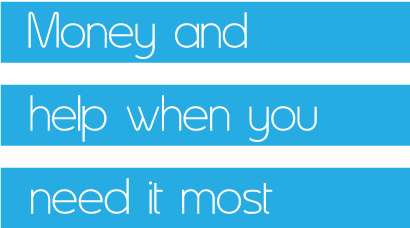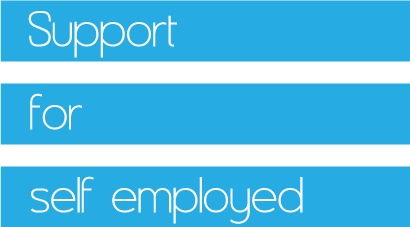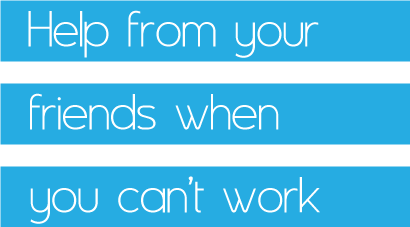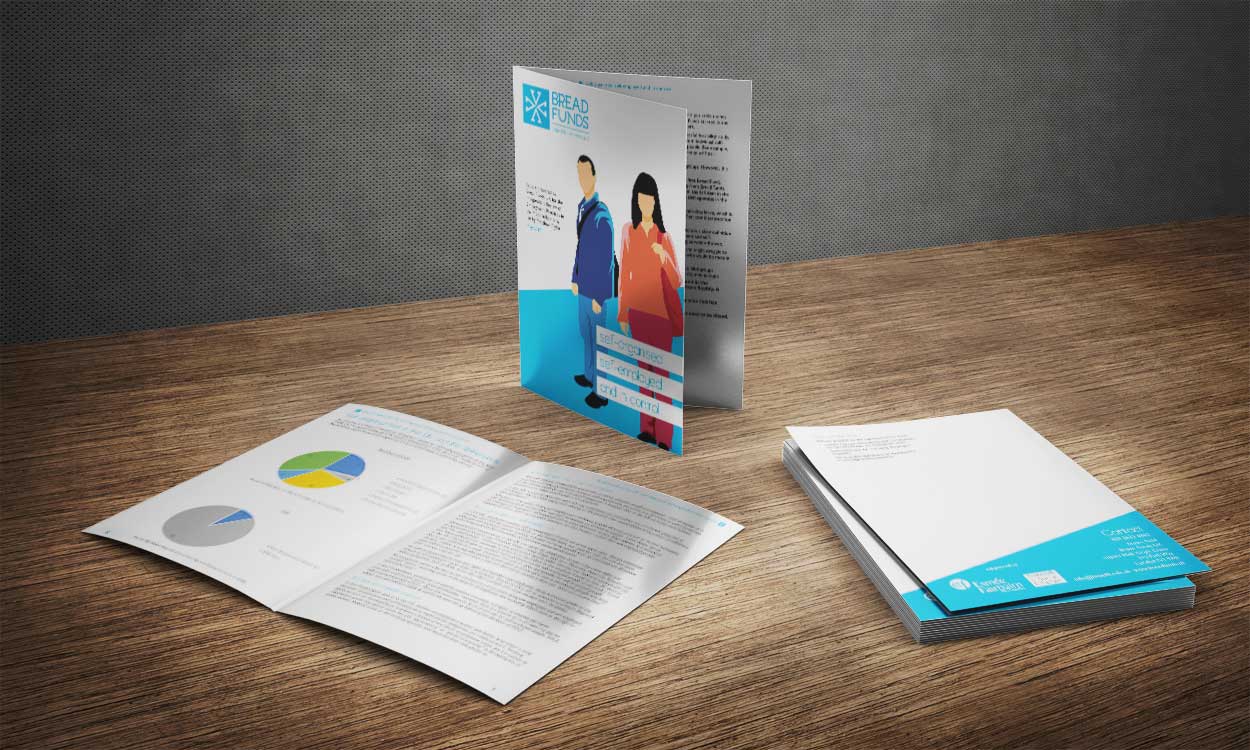Mutual First Aid
Mutual First Aid is a new way for self-employed people and freelancers to support each other if they become unable to work.
A Mutual First Aid Fund is a group of 25 to 50 people who contribute money each month into a fund which can support any of its members who become unable to work through illness or injury. It operates by members supporting each other on the basis of mutual trust. Contributions to the fund, and payments by the fund to its members, are in the form of gifts. You can choose from different levels of contributions: the level you choose is related to the income you would like to receive if you become unable to work.
Why it works
If you become unable to work, after 30 days the fund can start providing you with a modest income. This can continue for up to two years, though most people get back to work within a few months. If you decide to leave, you can if you wish to apply for your contributions to be refunded less admin costs and any gifts made, though anyone receiving support must stay a member for at least two years in total.
The Funds work because you are relying on people in your network rather than an anonymous insurance company. They are locally based, revolving around trust and co-operation instead of competition. They can offer practical as well as financial support to get your work back on track as you recover from illness. Both of the examples below are based on real people supported by a comparable scheme (called Bread Funds) operating in the Netherlands. Our pilot groups give people in the UK the same opportunity to support each other through Mutual First Aid.
Contact
Register your interest
Self-employed? Can’t get sick pay?
Your friends are here to help!
The idea of Bread Funds came from the Netherlands, where there are over 350 Bread Fund groups (Broodfonds in Dutch) with a total of over 15,000 members. Thanks to funding from Esmée Fairbairn Foundation, we were able to investigate whether Bread Funds are feasible in the UK as well.
We are now setting up pilot groups to test the idea in the UK. We are starting with two pilot groups in different geographical areas. The membership of each pilot group will be drawn from people who live or work in the area and have been self-employed or freelance for at least a year. As Bread Funds operate on the basis of trust, new members must be accepted by existing members in order to join.
Members of pilot groups need to be flexible, as each group’s experience may result in changes to terms and conditions from what is originally agreed.
If the pilot groups are successful, we hope to make Bread Funds more widely available at a later stage.
Contact details
07953 332755
Cath Muller
Mutual First Aid
c/o 16 Sholebroke Avenue
Leeds LS7 3HB
cath@platform6.coop
If you have any queries relating to Bread Funds please use the form below.
FAQs
Is a Bread Fund the same as income protection insurance?
No, it is not the same. A Bread Fund is not an insurance company; it is a small group of self-employed people who pay money each month into a fund from which they receive financial support if they are unable to work through illness or injury.
Is it a reliable and trustworthy system?
Yes. Bread Funds are based on trust. Over 240 groups are running successfully in the Netherlands, with over 10,000 members. The reasons why they are successful are:
– People know each other
– Transparent system
– No expensive compliance procedures
Who sets the policy?
The participants set the policy, which they sign up to in a membership agreement.
Are medical examinations required to take part?
No medical examinations are required.
Do older people have to pay more?
No. There are no higher monthly contributions in the case of older age, medical history or high risk profession.
What support is provided?
In addition to the financial benefit (which is determined by your monthly contribution) people unable to work often receive some practical help from other members of their Bread Fund.
Can I leave the Bread Fund without incurring penalties?
Yes, it’s easy to step in and out. There are no penalties, though you do need to give sufficient notice. Anyone receiving financial support is expected to remain a member of the Bread Fund for at least two years. To simplify administration, a Bread Fund normally specifies fixed dates each year when members normally leave and join.
What is the tax situation of a Bread Fund?
Money paid and received by members from a Bread Fund counts as non-charitable gifts, so no tax is paid or refunded. While contributions cannot be claimed as a business expense for tax purposes, the money received by people unable to work is tax-free. Because Bread Funds do not offer insurance, there is no Insurance Premium Tax to pay.
Examples of costs and benefits:
| Bread Fund Pilot | Monthly contribution* | Expected monthly benefit |
| A | £25 | £500 |
| B | £55 | £1,250 |
| C | £85 | £2,000 |
* This figure includes a monthly administration fee of £5.






